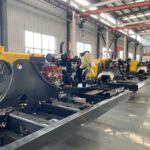Introduction
The wheel loader is a vital and versatile piece of equipment used across industrial and construction work sites to lift, move, and handle bulk materials effectively. As technology and industry demands evolve, purchasing a new or used wheel loader today means understanding the latest model options and features in terms of specs, efficiency, productivity and total cost of ownership.
This blog reveals the most important high-level sales trends that both new and seasoned loader buyers need to leverage to maximize value in today’s market. Exploring popular wheel loader models, advanced capabilities, ownership costs over the lifecycle and overall acquisition approaches enables optimal investment decisions.
Most Sought-After Wheel Loader Sizes
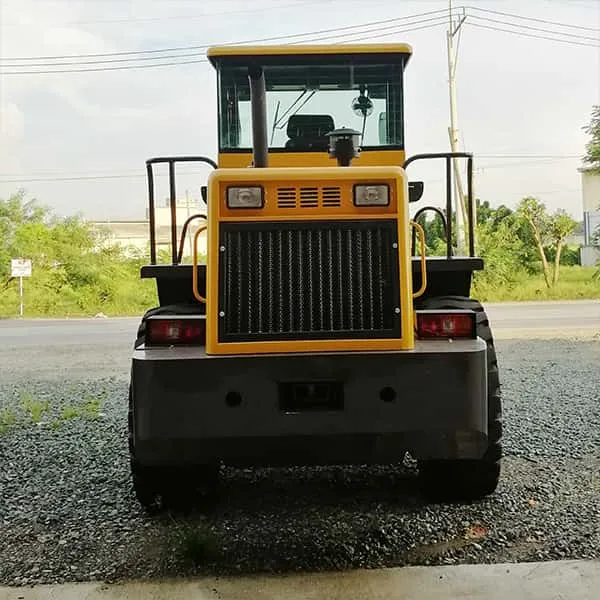
Wheel loader sales predominantly focus on machines in three size categories based on bucket capacity:
Compact (under 1 cubic yard) – Light-duty indoor/outdoor loading, limited reach but high maneuverability
Mid-Size (2-5 cubic yards) – Most popular; balance of lifting capacity, versatility, transportability
Large (over 10 cubic yards) – Highest capacity for mining/quarrying; lower mobility
Smarter Machines Driving Sales
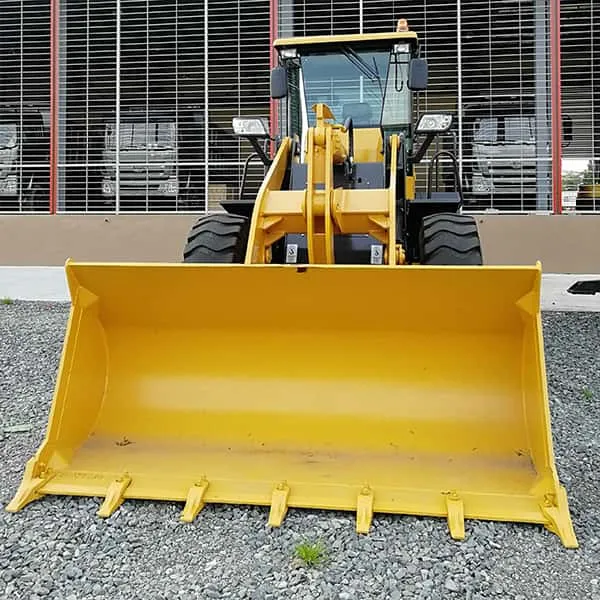
Sales preferences are shifting towards wheel loaders with more smart technology features such as:
- Telematics and equipment monitoring
- Operator assist and safety features
- Electric or hybrid drivetrains
- Autonomous readiness packages
These drive performance, productivity, and efficiency gains over traditional mechanical models. Komatsu, Volvo, and Caterpillar now focus innovations on intelligent machine optimization.
Growing Interest in Alternative Fuels
Reducing emissions and environmental impact is boosting demand for alternatives to diesel wheel loaders, namely:
- Hybrid drivetrains: Combination electric and diesel offering fuel savings of 25-50%
- Fully electric powertrains: Zero-emissions with high torque from batteries; 50% more efficient
- Liquid natural gas (LNG): Lowers NOX, CO2, and particulates versus diesel; but less power
Manufacturers like XCMG, LiuGong, and Wacker Neuson now offer electric and hybrid models catering to green building trends.
Financial Innovations Increasing Access
More customers gain access to financing deals as wheel loader manufacturers and dealers offer:
- Low rate loans and subsidized terms
- Deferred payment schedules after delivery
- Usage-based payment plans with hours metering
- Leasing and rental-to-own options
| Financial Innovation | Description | Benefit |
|---|---|---|
| Low rate loans and subsidized terms | Wheel loader manufacturers and dealers offer low interest rate loans and subsidized payment terms | Enables more affordable payments |
| Deferred payment schedules | Payments are deferred until after delivery of the wheel loader | Allows customers time to start generating revenue before payments begin |
| Usage-based payment plans | Customers pay based on actual machine usage measured by hours metering | Matches payments to revenue generation |
| Leasing and rental-to-own | Flexible leasing terms or rental agreements leading to ownership | Acquires use of machines without large upfront costs |
This enables smaller contractors to acquire machines aligned with business growth.
Maximizing Ownership Value
Optimizing wheel loader total cost of ownership involves:
- Matching machine size/capabilities to application
- Seeking dealer support packages (warranties, maintenance)
- Negotiating full-lifecycle operational costs
- Considering resale value in upfront price
Prudent wheel loader investments deliver many years of reliable service and strong residual asset value.
Conclusion
The positive trends of smarter machines, alternative fuels, attractive financing, and advancing technology makes now an exciting time for wheel loader buyers looking to drive future worksites. Aligning purchase decisions with operational requirements, growth plans, and ownership budgets unlocks the full benefits these powerful multifunctional loaders provide.
FAQ
Here are common wheel loader sale questions:
What features affect wheel loader pricing most?
Specs for engine power, hydraulic lift capacity, bucket type/capacity, drivetrain type, attachment options, technology features and machine hours significantly influence pricing.
What is more cost-effective – buying new or used models?
Buying used can reduce upfront capital expenditure 60% or more. But new provides longer working life, warranties, better efficiency and custom options.
Are wheel loaders cheaper to lease or buy outright?
If usage needs may fluctuate annually, leasing preserves capital while providing more flexibility. Buying outright can offer higher long-term ROI.
What wheel loader brands have the best resale value?
Caterpillar, John Deere, Volvo, Komatsu, Liebherr and Case wheel loaders are known to retain value well due to brand reputation and dealership support.
How can buyers estimate total lifetime ownership costs?
Project factors like fuel/electricity usage, spare parts and wear items, scheduled maintenance, depreciation and financing costs over a realistic service tenure of 8-15 years.

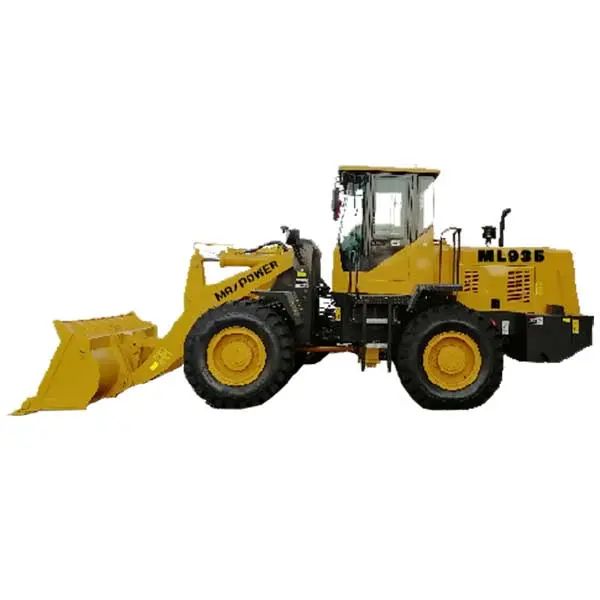




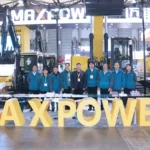
-150x150.webp)
